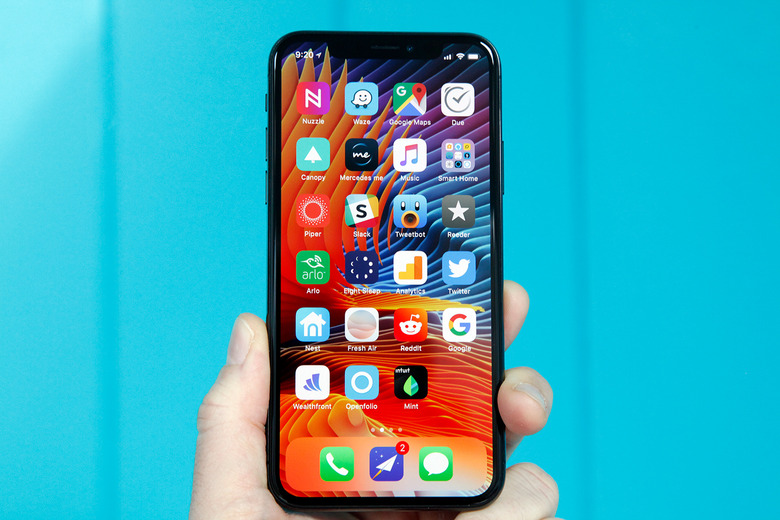Hands-On Video Of iPhone X Plus Clone Reminds Us How Much Better Apple Is At Hardware
Take a look at the iPhone X pictured at the top of this post. It's gorgeous. Apple has always been far ahead of the pack when it comes to hardware, and nowhere is this more apparent than with the iPhone X. All smartphones these days are rounded rectangles, but the iPhone X still manages to be far more refined than rival phones. The fit and finish are unmatched, though Samsung has come much closer in recent years with its Galaxy S and Galaxy Note phones. But Apple is still the only company willing to go the extra mile, using stainless steel in place of aluminum. Apple also uses a brilliant but expensive internal design that involves folding the flexible display behind itself in order to hide the display controller. This way, the screen on Apple's iPhone X can extend all the way to the bottom of the phone, thus eliminating the unsightly "chin" bezel. No other company can pull it off, and it's a perfect example of the iPhone's superior design and build quality.
If you're in search of yet another reminder of how wide the gap is between Apple and every other smartphone maker, a new video will do the job nicely. It shows a brief hands-on with an "iPhone X Plus" clone that doesn't even come close to matching Apple's phenomenal design.
That's right, Apple fans, we've reached the point in the leak cycle where companies in China are churning out iPhone clones. We're not talking about regular old iPhone X clones that have been released by more than a dozen well-known Android phone makers like LG and OnePlus. We're talking about actual clones that attempt to replicate Apple's hardware and software.
This happens each and every year, and in the past these clones have been spitting images of Apple's iPhones. Chinese companies were able to replicate Apple's hardware almost perfectly, and then they skin Android to look like iOS. Because these companies use materials from the same factories that produce smartphones for brand-name manufacturers, their iPhone clones have actually been as good as real iPhones, and sometimes the build quality is even better than some flagship Android phones.
In the case of the "iPhone X Plus" — which is in quotes because we still don't know the phone's real name — clone makers couldn't get anywhere close to replicating Apple's upcoming phone. Aspiring graphic designer Ben Geskin apparently took a trip to China and found one of these clones in a shop. He posted a video of the phone on YouTube, and it's laughable.
iPhone 6 and iPhone 7 clones were almost exact replicas of the real Apple phones. They could have easily fooled people. Again, that's not surprising at all since they're made at the same factories that build phones for name-brand Android vendors. But this iPhone X Plus, on the other hand, is absolutely nothing like the real thing because no Android makers are capable of building a phone as sophisticated as Apple's 2018 iPhones. As you can see in the video, the fake iPhone X Plus has a massive "chin" bezel at the bottom, and the shape of the notch at the top of the display is off. Plus, the phone is obviously made out of cheap aluminum instead of stainless steel.
The real iPhone X Plus and two other new iPhone models are set to debut on September 12th, as BGR has all but confirmed. Preorders will begin that Friday, and the 2018 iPhone models should launch a week later on September 21st.
